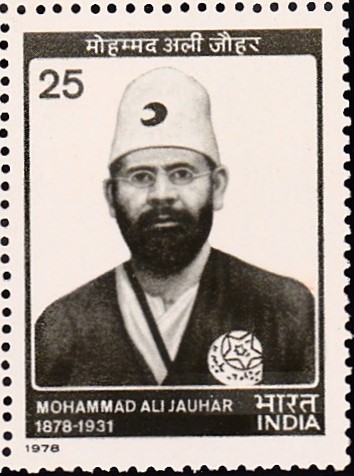
After a long and painful struggle, the Ottoman forces finally prevailed over the Greeks in September 1922. This was a major victory for a nation that was subdued by the Allied forces during the First World War, less than a decade ago. And the first few years of the battle with the Greeks was fought by irregular Turkish forces.
The entire Western world, barring countries like Germany, Austria and Hungary with whom Turkey was aligned during the Great War, were out to physically dismember Turkey. and, not content with this, were out to humiliate them by demanding huge war repatriation sums, and imposing unreasonable terms of the Sevres Treaty. Strangely, these same forces let-off Germany and Austria with far less humiliating terms, despite these nations being the most belligerent.
For those who accuse the Turks of genocide, it may be educative to note that Kemal Ataturk, the commander of the Turkish forces, on the eve of their historic victory over the Greeks, issued a proclamation, sentencing to death any Turkish soldier who harmed non-combatants.[70]
During the period September 1921 to September 1923, Mohammed Ali was in jail. Largely, he was kept in the Bijapur jail. Bijapur is a city in the Southern state of modern Karnataka. His only crime was asking the Indian Muslim soldiers in the British army not to obey orders to fight the forces of the Ottoman Caliph.
One day, call it coincidental or providential, he heard the distant cries of “Allahu Akbar“-God is Greatest. Instinctively, he felt that the cry he had heard signaled that the Turks had defeated the Greeks. He rose up, and wrote an entire poem/ghazal with intense zeal.
Even as he penned the poem, in his innermost thoughts, he was apprehensive that his intuition could turn out to be wrong. His biographer, the celebrated Maulana Abdul Majid Daryabadi, writes, “Call it the insight (firasah) of a believer or divine inspiration, the instinct turned out to be real.” He goes on to add, “Even today, if you were to listen to the matla, first two verses of this poem, you will be enthralled (In Urdu, literally, it says, you will leap with joy).”
The verses in Urdu are:
آخر کولے کر عرش سے فتح و ظفر گئی
مظلوم کی دعا بھی کبھی بے اثر گئی
The following is a free English rendition of the above two verses,
At long last, triumph and victory from the heavens descended!
Has ever remained the supplication of the oppressed unrequited!

Leave A Comment